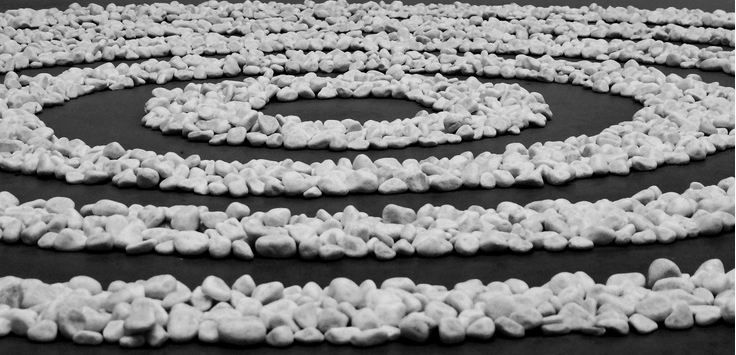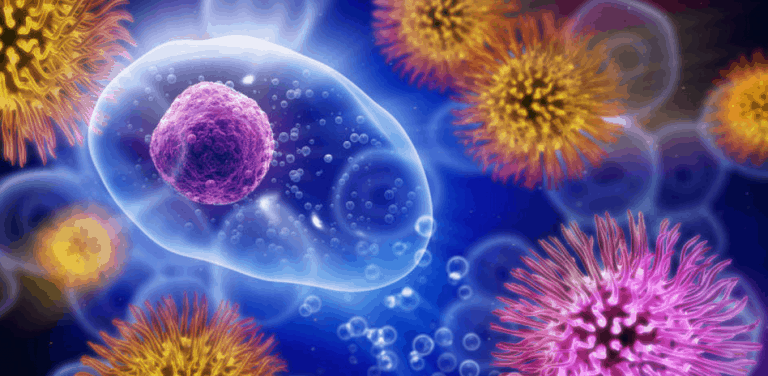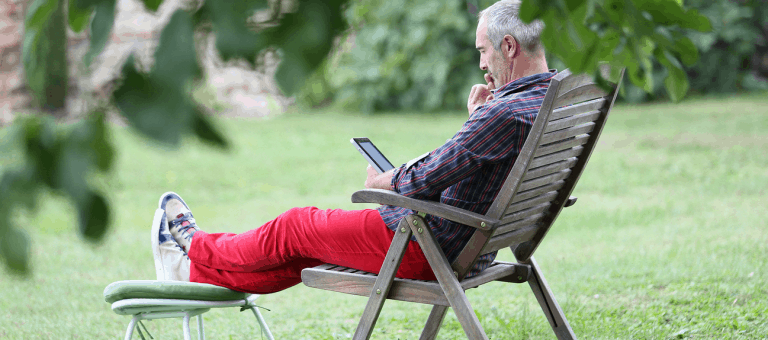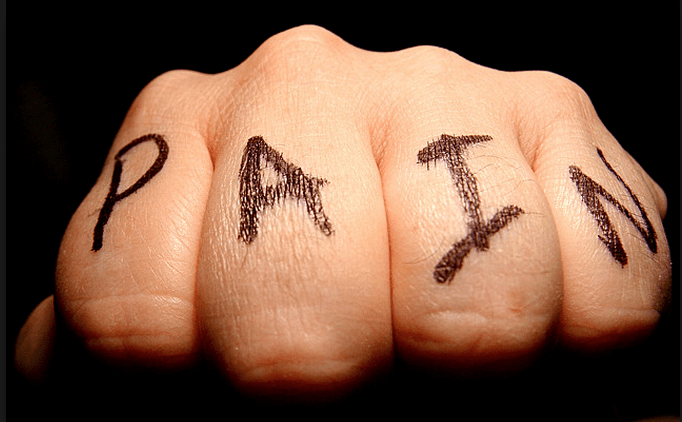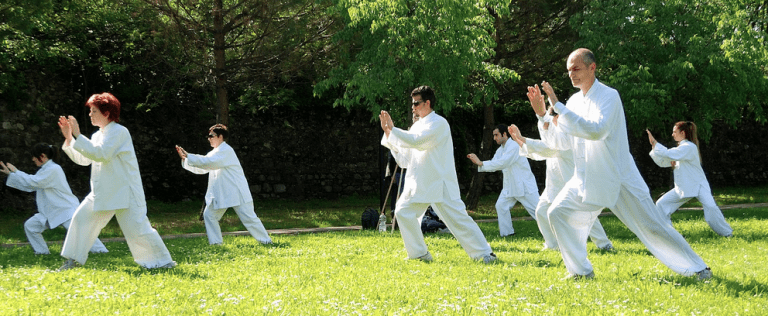Prostatic calcification, or prostate stones, are fairly common among middle-aged men, and can cause chronic prostatitis/chronic pelvic pain syndrome (CP/CPPS). Approximately 75% of middle-aged men have prostatic calcification. These tiny stones are as small as poppy seeds and do not usually cause symptoms, but they can grow large enough to cause pain and muscle cramps in the groin and lower abdominal area. Prostatic calcification in CPPS patients is associated with greater inflammation, longer duration of symptoms, and bacterial colonization.
While the stones do not always cause symptoms, their symptoms can be similar to lower urinary tract symptoms experienced by men with an enlarged prostate from benign prostatic hyperplasia (BPH).
The stones may be related to an enlarged prostate and are commonly found in men with prostate cancer, but they are not considered a cause of cancer in any way. Many men do not even know they have prostate stones until they are getting examined or screened for something else. Between men with urinary symptoms and men without symptoms, there does not seem to be a difference in the number of stones, their size, or their location in the prostate.
The stones may affect how long the symptoms last. In 47 new patients seen at a Cleveland prostatitis clinic, researchers used transrectal ultrasound (TRUS) to look for stones, finding that 22 patients had them. Even though there were no differences in symptoms between the men who had stones and men who did not, the men with the stones had experienced symptoms for much longer (on average just over seven years) than the men who didn’t (on average just over two years), even though the two groups were similar in age and prostate size. Men with stones were much less likely to have pelvic floor tenderness, but they were more likely to have positive prostate fluid cultures for Gram-positive bacteria or known infectious bacteria and higher white blood cell counts in their prostatic fluid than men who did not have stones. The presence of stones might help doctors determine the course of treatment (i.e., which men could benefit from antibiotics or anti-inflammatory drugs and which ones could benefit from pelvic floor physical therapy).
There are some differing opinions about how or why the stones form. Some experts say they are from prostatic secretions. Think of prostate stones as kind of a pearl in an oyster. When secretions cannot get out of the prostate, they may dry up or form into a round body and become calcified. It is possible that the stones are secondary to an infection that was not able to drain away and eventually calcifies.
Other experts say the stones tend to be made from ingredients found in urine and are not from prostate secretions at all. This kind would form from urine making its way into the prostatic ducts and may be related to other problems like an intraprostatic ductal reflex.
The stones can become problematic for men and lead to prostatitis if they serve as a source of recurring infection. Antibiotics do not usually help because even if you take antibiotics that kill the bacteria associated with the stones, the obstructive stones still remain, continuing the inflammatory process. The chronic inflammation associated with the stones can lead to prostatitis symptoms.
Inflammation is one of the body’s immune system defense mechanisms. While inflammation is good at killing germs, it can also harm other tissues. Inflammation can cause problems with the nervous system, causing pain in the case of prostatitis. Sometimes bacteria continue to live in the stones but they do not show up in a culture because they are sealed off by the stone or a scar.
The only way to remove them is through surgery, however, there are some differing opinions on this. Anecdotal evidence seems to suggest that taking magnesium and zinc can help to break up these stones. You may see “gravel” in your semen or urine if this occurs. Other doctors say that there is no dietary change or supplement that will help with stones caused by prostatic secretions. If you want to get rid of prostatic calcification, talk to you doctor to see what he or she thinks.
Natural prostatitis treatments for treating inflammation associated with prostatic calcification can help relieve symptoms. You can take supplements, make dietary changes, and avoid foods like simple sugars, saturated fats from red meat, and dairy products. Be sure to eat foods that reduce inflammation like heart-healthy fats, fatty fish rich in omega-3 fatty acids, and foods high in lycopene (tomatoes and watermelon). Dr. Geo’s CPPS Treatment Program is a good way to lower inflammation in the entire body. Natural supplements that help with inflammation due to prostatitis include stinging nettle, green tea, and curcumin.
Anti-inflammatory drugs can reduce inflammation as well, but be aware that there are side effects from taking these medications long-term. A treatment approach that combines multiple conventional, natural, and alternative therapies is most effective. The best alternative therapies for reducing prostatitis symptoms may include acupuncture, Ayurvedic medicine, prostatic massage, reflexology, and exercise. If there is tightness or tension in the pelvic floor, trigger point therapy or physiotherapy can be very effective too.

